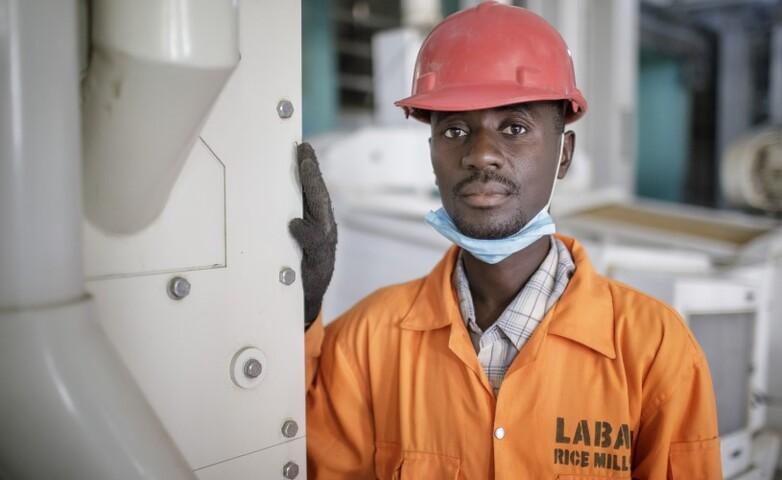Context
Côte d'Ivoire is experiencing high average economic growth. Nevertheless, more than 40 per cent of the population continues to live in poverty. Young people between the ages of 14 and 24 are particularly affected. According to the World Bank, this group has the highest rates of unemployment and underemployment. The situation is similar for women, who have only limited access to economic activities.
The current technical and vocational education and training (TVET) system is also facing challenges: The majority of training content is outdated, political communication channels with employers are limited and training courses lack practical components. The system is currently not able to prepare graduates for the labour market. The Ivorian Government recognises cooperative approaches with companies as a viable solution, but it must optimise the institutional framework and cooperation with the private sector.
